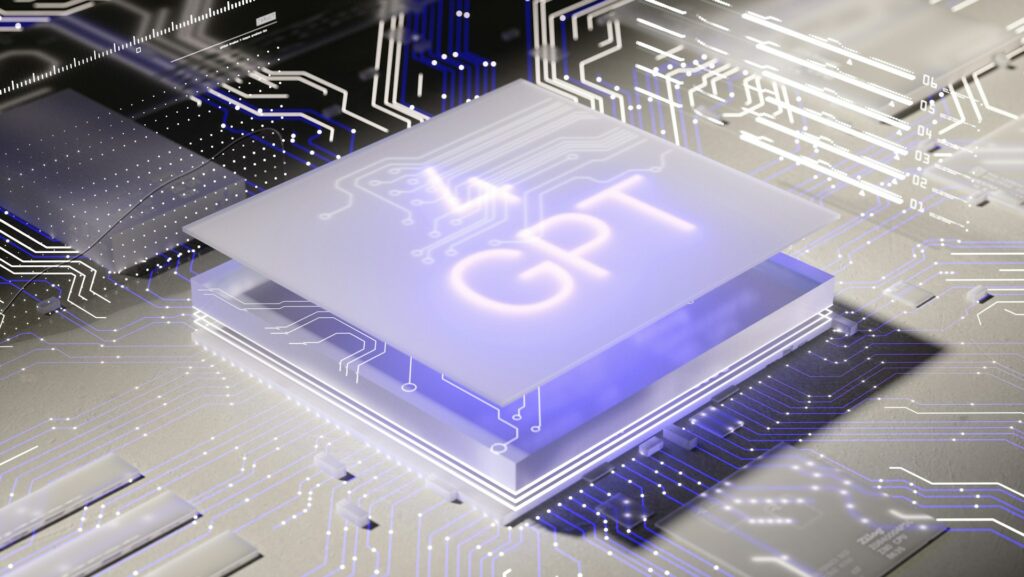Is Your Manager a Computer Program? The Increasing Role of Artificial Intelligence in Office Work

Is Your Manager a Computer Program? The Increasing Role of Artificial Intelligence in Office Work
The phrase “Your Boss Is Now an Algorithm” sounds straight out of a science fiction novel. But by the year 2025, it is more of a fact than a fantasy. The usage of artificial intelligence is expanding beyond the realm of just aiding with labor; it is now starting to monitor it in a variety of settings, including warehouses, marketing organizations, logistics corporations, and remote technology teams.
Despite the fact that artificial intelligence is not yet capable of taking the place of your human manager, it is already influencing choices, establishing timetables, monitoring performance, and in certain instances, deciding promotions and terminations. The majority of workers are completely unaware that this is taking place.
Is it possible to understand what it means to be managed by software? And what are the ways in which artificial intelligence is gradually becoming the boss in today’s workplaces?
Your Workflow Is Already Being Managed by Technology
Your workplace is already being impacted by artificial intelligence capabilities, even if you are unable to see them directly. Artificial intelligence is currently being used by several platforms, including Slack, Microsoft Teams, Zoom, and Google Workspace, to make suggestions for meetings, monitor the progress of projects, and even summarize talks.
Your productivity patterns, such as how fast you respond to emails, how often you attend meetings, and how many tasks you finish, are analyzed by project management systems that are driven by artificial intelligence. The data that is gathered is then presented to the leaders of your team in dashboards that are similar to performance scorecards.
Automated systems are used in major corporations to plan shifts, allocate workloads, authorize leave, and check deadlines. These systems often do all of these things without any human intervention. Although this may result in more efficient operations, it may also make them less personable.
From a Task Assistant to a person who makes decisions
In the year 2025, artificial intelligence is no longer only assisting you in doing tasks; rather, it is beginning to determine who is responsible for what, when it is to be done, and how it should be done. Certain businesses are increasingly using artificial intelligence to rate workers based on performance data. There are some people who depend on algorithms to determine who is likely to get exhausted or who could depart the organization in the near future.
Workers at Amazon warehouses, for instance, have been appraised by artificial intelligence systems for a number of years. In the event that certain productivity standards are not fulfilled, these systems have the capability to give warnings or even initiate terminations. At the same time, this concept is now being adopted by various industries, including contact centers, sales teams, marketing firms, and even journalism.
It’s possible that your “boss” is still a person, but the metrics they use to assess you might be wholly derived from artificial intelligence.
The Reasons Why Businesses Adore Artificial Intelligence Managers
From the point of view of effectiveness, it makes perfect sense. AI is capable of:
- Real-time monitoring of the production of the employees
- At least in principle, reduce prejudice.
- Always monitor your productivity.
- Obtain choices more quickly than any human being.
- Reduce expenses associated with middle management.
- Furthermore, it provides businesses with a feeling of control and consistency, particularly in contexts that include remote or hybrid work, where there is less opportunity for face-to-face supervision.
- Nevertheless, this strategy is not without substantial drawbacks and compromises.
The Experience of Being Managed by an Algorithm and What It Is Like
A common perception among workers is that they are always being observed, yet they are not understood. AI is incapable of understanding context. There is no way for it to know if you were tardy in filing a report because your kid was unwell or whether the tone of a message you sent was a jest rather than an expression of contempt.
Moreover, there is the influence on one’s emotions. Having your work evaluated by an algorithm might give you a cold and mechanical feeling, particularly if you are unfamiliar with how the algorithm operates. It is possible for feedback to become ambiguous, and employees’ motivation to decrease, when they feel like statistics rather than individuals.
Furthermore, confidence is weakened when choices like as promotions, incentives, or even job cutbacks are decided based on statistics.
Concerning the Morality of Algorithmic Management
More and more people are becoming concerned about issues of accountability, transparency, and justice. Who is accountable in the event that an artificial intelligence system makes an error in judgment, such as labeling you as “low productivity” owing to a technological glitch? How exactly do you plan to oppose it?
Some governments and labor groups are advocating for artificial intelligence (AI) transparency regulations, which would require businesses to report instances in which AI is influencing or making decisions about employment. Some people are advocating for “human-in-the-loop” systems, which are systems in which algorithms provide assistance but do not completely replace human judgment.
On the other hand, in businesses that move quickly, convenience often triumphs over prudence.
Then… Do You Really Have an Algorithm for Your Boss?
To a certain extent, yeah. On the other hand, your human employer is increasingly depending on artificial intelligence to direct their decision-making. In any case, it is evident that artificial intelligence is no longer only a component of the back office; rather, it is assuming leadership responsibilities, influencing how people work and determining how much they are worth.
The future of labor, trust, and autonomy are all subject to significant issues as a result of this transformation. With the help of algorithms, is it possible for creativity to flourish? Will human resource managers be relegated to a secondary role? In leadership, is it possible for empathy and data to coexist?
The Need for a Balance in Our Lives
AI in the workplace is not automatically a negative thing. Efficiency can be increased, bias can be reduced, and people can be liberated from jobs that are repetitious. On the other hand, when algorithms are placed in control of humans, it is imperative that the human aspect is not missed.
Knowing, mentoring, and connecting with others are all essential components of leadership; measurements are just one aspect of it. We run the danger of creating workplaces that are productive but emotionally devoid if we delegate such obligations to the computer.
Not if artificial intelligence will become your employer in 2025, but rather how we will ensure that it continues to be a tool and not a dictator.






